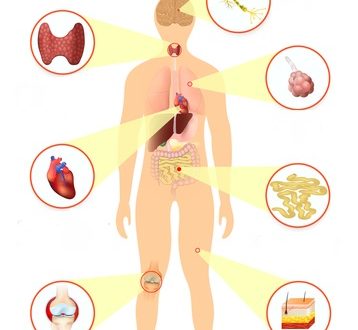Winter weather and our skin

Winter weather and our skin
The winter months bring with them drier air than usual. Here on the east coast, we got too much humidity as you well know in the warm summer months. In the winter time, the humidity goes down to essentially half or less. According to Oriental Medicine, the skin is nourished by the lungs, which gives the skin its luster. In Oriental medicine, every organ is assigned more tasks than in conventional medicine. For example, the lungs aren’t just for taking oxygen out of the air and getting rid of the bodies carbon dioxide and has additional tasks such as moistening the skin. Naturally, then we see why our skin is much drier in the winter months: The dry air depletes the lungs of some of its moisture and lowers its ability to keep the skin well hydrated. This winter has been especially cold and especially damaging to the skin. For those with skin conditions such as eczema, psoriasis and the like, it’s especially been tough.
So how do we help our lungs out?
First, it’s important to make sure you are well hydrated so your lungs have a sufficient amount of fluids available for diffusing. Focus on incorporating alkalizing foods as they contribute to hydration and counteract the many drying and inflammatory aspects of our diet, lifestyle, and environment. Dark green vegetables and microalgae are particularly helpful due to their high chlorophyll content, which has the effects of countering inflammation and supporting the renewal of blood and tissue.
So the greener the better when it comes to selecting your veggies! Supplementing with liquid chlorophyll extract, spirulina, chlorella, wheat or barley grass, or wild blue-green algae is a great option for those with more chronic skin disorders and when you just feel like your diet is really lacking.
Essential fatty acids are vital for healthy skin and hair as well as proper thyroid and adrenal function. The lack of these healthy fats is one of the factors that can lead to skin disorders. Fresh nuts and seeds are excellent sources of unsaturated fatty acids, such as almonds, hazelnuts, walnuts, pecans, chia seeds, pine nuts, and sunflower seeds. Other good sources are anchovy, sardine, salmon, and tuna.
Keep it clean when it comes to lotions and body care products as most are laden with harsh contaminants, pesticides, parabens, and fragrances, that in the long run will lead to further free radical damage. My personal favorite is unrefined coconut oil (for internal and external use). With its naturally healing attributes, nothing can compare to how well it helps my skin recover from the dozens of daily hand-washings.
Recommended Posts

Unlocking Relief: How Acupuncture Can Be Your Ally in Managing Chronic Conditions such as Pain, Anxiety, Low Energy, Insomnia, and so much more
May 12, 2025

Acupuncture for Stress and Anxiety
March 8, 2025


